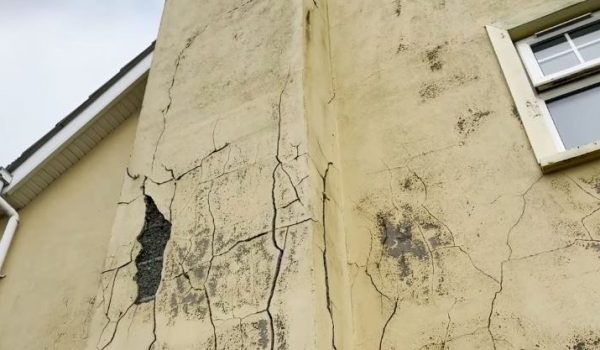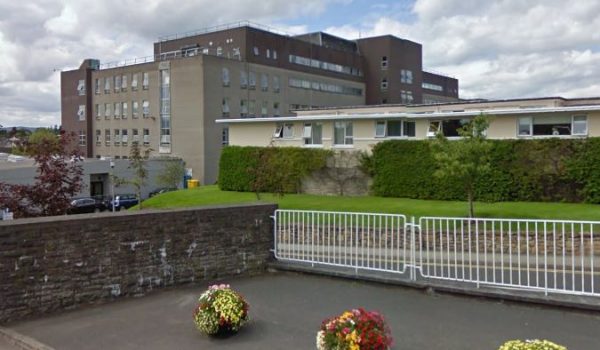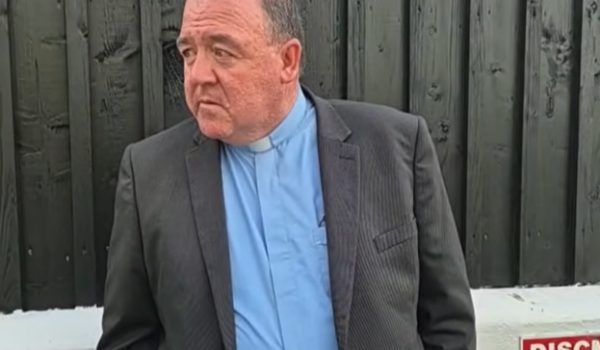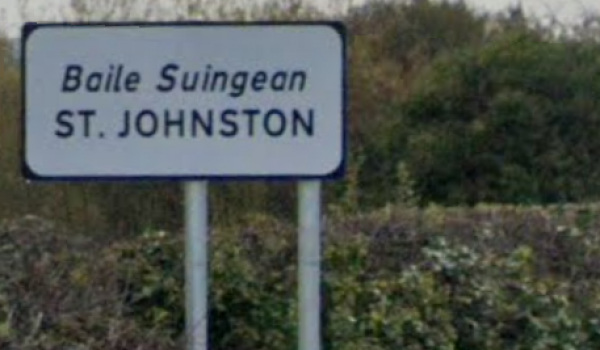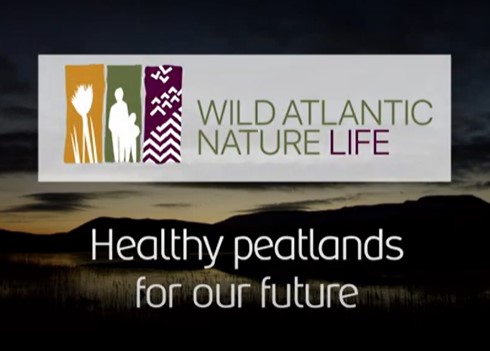
€2.4 million has been paid to 820 farmers across six blanket bog Special Areas of Conservation in the North West to develop an integrated land use programme, which benefits farmers and the environment.
Payments were linked to the environmental quality of the farm, looking at biodiversity, water quality and climate regulation, as well as pressures on the site. The better the environmental condition of the land, the higher the payment the farmer receives.
Average payments per farmer were just over €3,000.
The pilot scheme is being administered by LIFE IP Wild Atlantic Nature.
Its Project Manager is Dr Derek McLaughlin………
Release in full –
Farmers in the northwest rewarded with €2.4 million for delivering improved biodiversity, water quality and climate regulation
Over the past two years, LIFE IP Wild Atlantic Nature has successfully piloted a Results-Based Agri-Environment Payment Scheme (RBPS) for 820 farmers across six blanket bog Special Areas of Conservation in the northwest of Ireland. The initiative is a collaboration of funding and expertise from National Parks and Wildlife Service and the Department of Agriculture, Food and the Marine to develop an integrated land use programme, which benefits farmers and the environment.
The total payment directly made to farmers for 2022 was in excess of €2.4 million. Payments ranged from €800 to more than €10,000, with an average payment of €3,100. Payments were linked to the environmental quality of the farm, which is determined using a digitised habitat scorecard. The scorecard system, administered in the field by the farmers’ preferred advisor and verified by the project team, captures levels of biodiversity, water quality and climate regulation, as well as pressures on the site. The better the environmental condition of the land, the higher the payment the farmer receives. These payments for environmental outcomes represent a new income stream for participating farmers and reward farmers for good past and current land management.
If a plot of land scores poorly, the farmer has the option to apply to the project team for financial and technical support to undertake appropriate actions to address any issues identified. This may include invasive species control, fencing, livestock crossings, drain management and a range of other actions. The entire programme and overall approach is very much farmer-led and participation is completely voluntary. The farmer has the option to work with their existing farm advisor and can avail of training and other opportunities provided by LIFE IP Wild Atlantic Nature.
Commenting as a programme of events for National Biodiversity Week begins nationwide, Minister of State for Heritage and Electoral Reform Malcolm Noonan TD said:
“In the space of two years the LIFE IP Wild Atlantic Nature project has shown what can be achieved by placing the landowner at the heart of our blanket bog conservation activities. It’s really encouraging to see such strong engagement amongst landowners in this pilot scheme and, crucially, that we now know that incentivisation schemes such as this can deliver real enthusiasm and in turn positive results for nature.”
The innovative scorecard system the scheme uses is relatively simple and has been shown to be an effective tool for delivering improved environmental and social outcomes. The results of this pilot are helping to inform future results-based actions which will be incorporated into the Common Agricultural Policy (CAP) from 2023.
Minister of State for Land Use and Biodiversity in the Department of Agriculture, Food and the Marine Senator Pippa Hackett said:
“The numbers participating in this scheme shows the strength of interest and support from the farming community in getting behind environmental initiatives. Ongoing support is made available to participants to make improvements to their land, working with an advisor to achieve better outcomes for water quality and biodiversity. I look forward to seeing the scheme go from strength to strength as LIFE IP Wild Atlantic Nature activity throughout the northwest ramps up.”
A key element of the project activities is the integration of various policies for sustainable land use. Project manager, Dr Derek McLoughlin, views this coherence as a crucial driver of ecological restoration. Dr McLoughlin emphasised:
“This project aims to implement government policies related to nature, agriculture and climate in a way that works for everyone in the local community. Ultimately we depend on landowners to manage the land to deliver the goods and services that the public want and need. We depend on existing knowledge and experience that landowners have. Therefore, we need to ensure coherent messages on the use of land and have the appropriate policy to deliver good environmental outcomes in a way that can support farmers’ livelihoods.”
LIFE IP Wild Atlantic Nature project is coordinated by the National Parks and Wildlife Service via the Department of Housing, Local Government and Heritage. There are nine other associated beneficiaries involved in the project including the Department of Agriculture, Food and the Marine (DAFM); Teagasc; Bord na Móna; Coillte; RTÉ; Fáilte Ireland; The Heritage Council; Northern and Western Regional Assembly; Universidade de Santiago de Compostela.
The project aims to improve the conservation status in the Special Areas of Conservation (SAC) network of blanket bogs, a priority habitat under the EU Habitats Directive. The primary focus is on 35 Natura 2000 sites in the northwest of Ireland, where the project works with farmers, landowners, policy-makers and others to deliver solutions that benefit local communities and the environment.
For more information, please visit: https://www.
